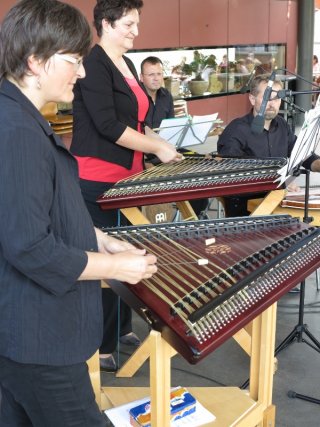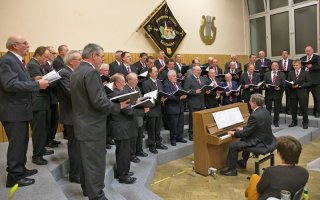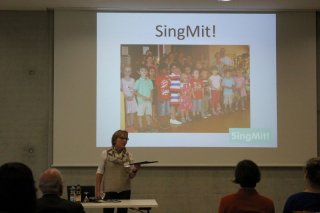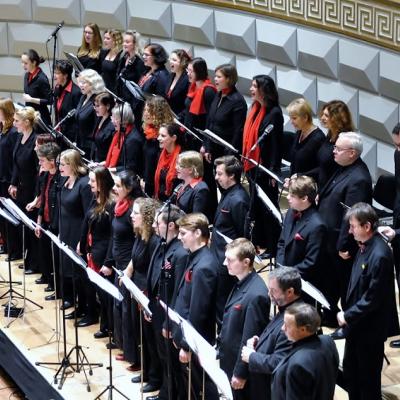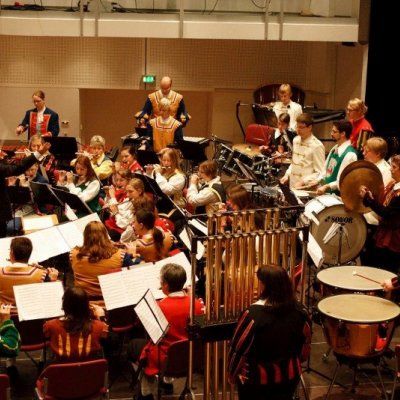Register of Good Safeguarding Practices
Non-Professional Music-making in Baden-Wuerttemberg
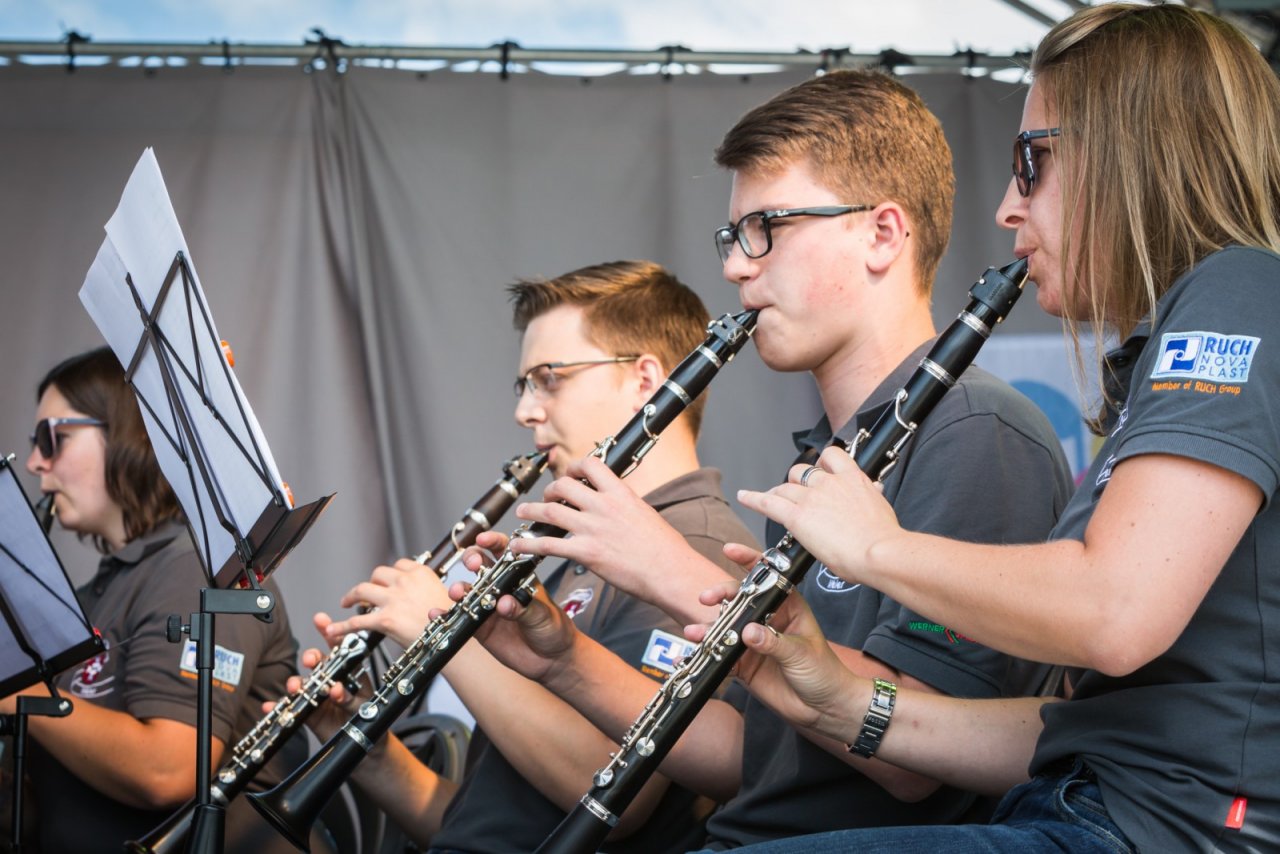
Baden-Wuerttemberg has a very high density of music associations where amateur music, both instrumental and vocal, is made by about one million people. They are members of about 6,500 amateur music association with about 12,500 ensembles. Statistically, there are more than six amateur music associations in each of the approximately 1,100 cities and towns in Germany’s southwestern state. Almost a third of all non-professional musicians in the entire Federal Republic of Germany come from Baden-Wuerttemberg. A significant local event without the participation of an amateur music association is practically unthinkable in Baden-Wuerttemberg.
Facts & Figures
- Crucial date: all season
- Inscription: 2018
- Where to find: Baden-Wuerttemberg
Contact
Landesmusikverband Baden-Wuerttemberg e.V.
@email
www.landesmusikverband-bw.de
Making music in associations has an already very long tradition in Baden-Wuerttemberg, dating back to the 17th century. Until today, they continue to enjoy unbroken appreciation, also in an almost limitless, individualized and globalized world with diverse possibilities of cultural or artistic activity. Rehearsals, performances, traditional festivals, competitions, workshops, camps and training seminars - the list of activities is long. Intergenerational cooperation through all social milieus and strata characterizes music associations in particular. Youngsters learn from older people - and vice versa. The shared identity consciousness becomes evident e.g. during the “Landes-Musik-Festival” (State Music Festival) taking place every year in different locations with thousands of active musicians and even more listeners.
The professional music scene also benefits from the amateur music associations. A musically perceptive audience, students of music or employment opportunities in the field of amateur music are noteworthy examples. Music associations are also stabilizers of social and cultural life. They guarantee easy access to art, culture, and safeguarding of local traditions for everyone. Public performances in the form of concerts, series of events or musical accompaniment of social events elicit positive emotions among listeners. In a very dynamic, extremely mobile and increasingly heterogeneous society, the identity-building effect can be considered very high.
The amateur music associations’ culture in Baden-Württemberg combines the safeguarding of cultural heritage with artistic-musical development as well as the keeping of traditional structures while at the same time necessarily adapting to changing conditions and needs. The safeguarding of musical cultural heritage, the personal musical development in the group and socialising musically within the neighbourhood or in the region are considered main motivations of most memberships.
The intergenerational moment in music associations is particularly significant and almost automatically passes on the culture to the younger generations.
The mastering of the differentiation of society structures can also be seen as exemplary in this project – it included dealing with changing offers of ensembles for different age groups and musical genres taking place since the 20th century. As a current example for structural change, a decrease in overall ensemble size(s) can be observed in the choral associations, to which they respond by developing corresponding offers. However, the associations are also taking the increasing quality demands of amateur musicians into account: the musical education and training offered is becoming increasingly differentiated. On the one hand, many competitions still take place today - a tradition that dates back to the so-called "Preiswettsingen" of the choral singing of the 19th century. On the other hand, the associations have created structures for the promotion of young talents that allow musicians within their association to go through all stages of musical activity - from learning an instrument to being trained for conducting.
The success of these holistic systems can be seen in the membership figures of the brass band associations: almost every second active member of a brass band is under 27 years old right now. Further changes, especially in the recent past, are reflected in the internal structures of amateur music associations: Executive tasks are increasingly being solved in teamwork, and the honorary functionaries are acting increasingly professional. The necessary professionalisation is supported and promoted by the umbrella organisations: the extensive continuing education program in the field of association management is exemplary on a nationwide scale and it is currently further developed qualitatively and quantitatively to a "Kompetenznetzwerk Amateurmusik” (competence network for non-professional music).


